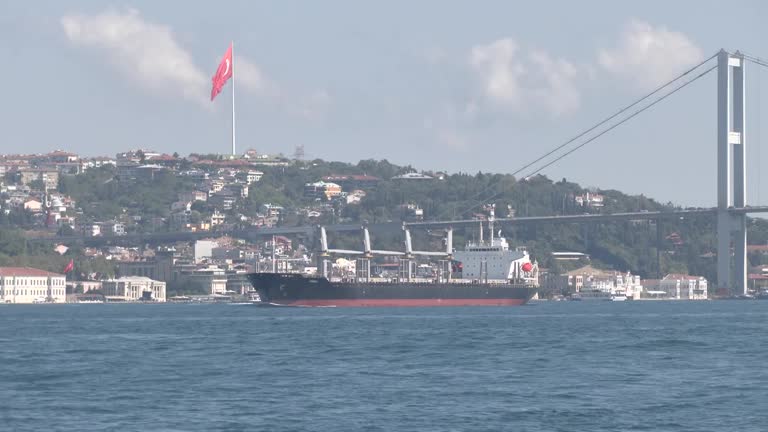Istanbul is set to host a pivotal meeting next month on initiating the CASA-1000 project, as announced by Amanullah Ghalib, former head of Da Breshna Sherkat, Afghanistan’s state power company. The meeting will be organized by a joint delegation of Central Asian nations.
Following the Taliban’s ascent to power, the World Bank suspended its development projects in Afghanistan, including CASA-1000. Despite this, there has been a recent directive from the World Bank to proceed, a move that has garnered support from the government of Pakistan.
The CASA-1000 project aims to transfer electricity from Kyrgyzstan and Tajikistan to Pakistan via Afghanistan. Preparation efforts to resume the project among the involved countries are underway, with a technical delegation from the Central Asian countries scheduled to meet in Istanbul next week.
“The joint technical delegation of the Central Asian countries will convene to outline the commencement of work. Discussions will focus on whether to proceed under the terms of previous contracts or to implement new contracts,” Ghalib stated.
Despite completion in Tajikistan, Kyrgyzstan, and Pakistan, political shifts in August 2021 halted the project’s progress in Afghanistan. The project plans to transmit 1,300 megawatts of power from the two Central Asian nations, with Afghanistan supplying 300 megawatts and Pakistan receiving 1,000 megawatts.
Economists have highlighted the critical importance of the CASA-1000 project for the Afghan economy, projecting an annual income of $45 million for Afghanistan from transit fees and an additional $3 million for maintenance.
The World Bank has outlined that payments during the construction phase of CASA-1000 will be made to offshore accounts of international contractors and consultants, under the supervision of an independent monitoring agency. This project is also expected to enhance employment opportunities within the region.
Initiated at a meeting of the Economic Cooperation Organization members in 2015, the CASA-1000 project was initially slated for completion by 2020.





